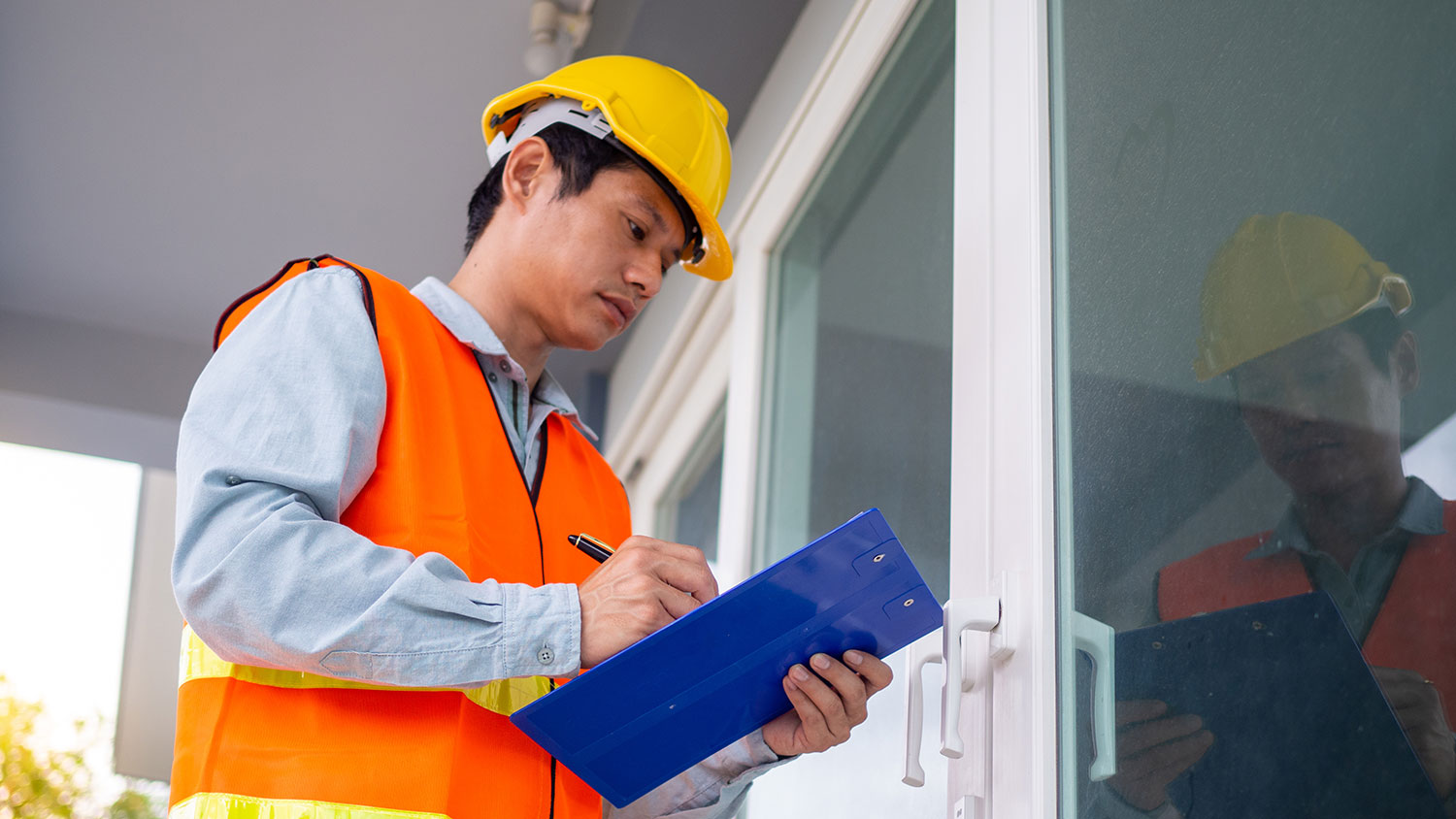
Discover the average home energy audit cost, what impacts pricing, and how to save money on your audit. Get transparent, expert-backed cost info for homeowners.
Should you spend on an energy audit to save on energy costs?


Home Value Rating: 4/5
An energy audit adds significant value—with the help of pros, it can truly stand out.
Energy audits cost an average of $200 to $700 and can help save 5% to 30% of your energy costs.
An energy audit can pay for itself in energy savings—but that doesn’t include the cost of upgrades.
Drafty windows, inefficient insulation, and outdated HVAC systems can drive up your energy bills. A home energy audit helps identify ways your home could be more energy-efficient, but are the savings enough to justify the cost? A home energy audit costs between $200 and $700, and energy-efficient upgrades can save you 5% to 30% on your home energy costs, according to the U.S. Department of Energy. Depending on the cost of your energy audit, the cost of upgrades, and your potential energy savings, an energy audit can be well worth the investment.

A home energy audit can help you decide on the best upgrades to improve your home’s energy efficiency. The value of a home energy audit depends on a few different factors, including the cost of the audit, the cost of upgrades, and your average energy costs.
How much your home energy audit costs will affect the value of its results, and different types of energy audits vary in price. The American Society of Heating, Refrigerating, and Air-Conditioning Engineers (ASHRAE) outlines three levels of energy audit:
Level I is a basic walkthrough audit that includes broad upgrade recommendations.
Level II adds an energy survey and analysis as well as specific upgrade recommendations.
Level III goes more in-depth and also includes detailed recommendations for substantial upgrades.
Energy companies may also offer low-cost or free energy audits, which can vary in detail but include recommendations for energy-saving upgrades ranging from low-cost fixes to major improvements.
| Type of Audit | Average Cos |
|---|---|
| Level I | $150–$200 |
| Level II | $200–$650 |
| Level III | $600–$900 |
| Energy company audit | $0–$150 |
The cost of an energy audit doesn’t include the cost of implementing the recommended upgrades, so your return on investment (ROI) can depend on how much you spend on energy-efficient improvements. Major projects like replacing windows, upgrading your HVAC system, or a deep energy retrofit can have a high initial cost, but they may be a good investment if they save you on energy costs or increase your home’s value.
| Type of Upgrade | Average Cost |
|---|---|
| New windows | $400–$2,000 per window |
| HVAC replacement | $5,000–$12,500 |
| New insulation | $1,000–$2,600 |
| Updated appliances | $350–$8,000 each |
Your estimated energy savings after energy-efficient upgrades also affect the value of a home energy audit. Homes in areas with extreme temperatures will save more in energy costs than homes in more moderate climates. If your energy costs are already low, you may not save enough after upgrades to make the expense worth it.
The Inflation Reduction Act of 2022 offers tax incentives, credits, and rebates for homeowners who make their homes more energy-efficient. You can receive a $150 credit toward the cost of an energy audit plus credits and rebates on some energy-efficient upgrades like doors, windows, solar panels, heat pumps, and more.
There are numerous energy rebates and incentives available from both energy companies and government programs. Homeowners should check with energy providers, local and state governments, and even the federal government for offers. You can also ask a contractor to take a look at your property and tell you what programs you might qualify for.
While you can conduct a DIY energy audit to identify some inefficiencies in your home, a local energy auditor will be able to identify places you’re wasting energy that you may not have considered. They’ll also be able to advise you on which upgrades are worth investing in and give you energy-saving tips specific to your home. Hiring a pro for an energy audit will help you get the best ROI.
To estimate the value of an energy audit, take the following into account:
The cost of the audit
The cost of upgrades
Rebates, credits, and tax incentive amounts
How much upgrades will increase your home’s value
Your annual energy savings after upgrades
If energy-efficient upgrades will lower your energy bills and increase your resale value, they’re worth investing in. An energy audit can often pay for its $200 to $700 cost in energy savings within a few years from no- or low-cost improvements like sealing hidden drafts and cleaning out filters and ventilation.
Home energy audits have their pros and cons, and whether they’re worth it depends on how much upgrades will cost and how much of an effect they’ll have on your energy bills. If you’re not sure if a home energy audit is worth it, consider the pros and cons.
| Pros | Cons |
|---|---|
| Identify specific ways your home is wasting | Up-front audit cost |
| energy | |
| Increase home’s value | Cost doesn’t include upgrades |
| Lessen your environmental impact | Energy savings will vary |
Home is the most important place on earth, which is why Angi has helped more than 150 million homeowners transform their houses into homes they adore. To help homeowners maximize the value of their investments, we gather ROI data from reputable sources, including industry reports, real estate studies, and interviews with market experts. We calculate the average resale value for projects by multiplying the ROI against the project’s average cost according to our cost data, which is sourced from thousands of real Angi customers.
Want to help us improve our data? Send us a recent project quote or home appraisal value to [email protected]. Quotes and personal information will not be shared publicly.
From average costs to expert advice, get all the answers you need to get your job done.

Discover the average home energy audit cost, what impacts pricing, and how to save money on your audit. Get transparent, expert-backed cost info for homeowners.

Find out where homeowners spend the least and the most on house utilities like water, electricity, internet, cable, and natural gas.

A home energy audit is a detailed write-up of how to lower your utility bills and increase your comfort level. Find out if they’re worth the cost.

Get a detailed breakdown of thermal imaging home inspection costs, including average prices, cost factors, and tips to help homeowners budget.